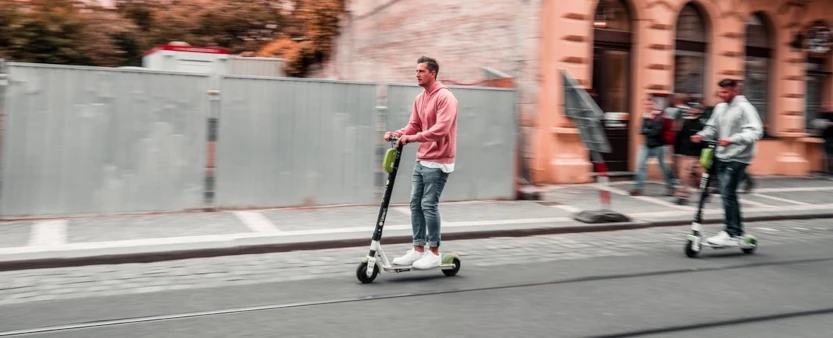In truth, the answer depends on a variety of factors. Typically, one driver will have the right-of-way, and the driver who infringes upon right-of-way during an accident is at fault. However, right-of-way isn’t always clear, and can depend upon a parking lot’s unique design.
Another factor that may play into determining parking lot accident fault is whether one party had the “last clear chance” to avoid the accident. In other words, even if the plaintiff — the driver suing for damages — demonstrated negligence in connection with an accident, he or she can still recover damages if it is proven that the defendant could have avoided the accident, using reasonable care.
Complicating things further, parking lot accidents often happen on private property, meaning the police most likely will not generate a report regarding the accident.
Because there are so many issues that can influence a determination of parking lot accident fault, Negretti & Associates offers these answers to commonly posed questions. If you need assistance determining whether you have a legitimate parking lot accident claim in Arizona, California, or Colorado, schedule a free consultation with a member of our legal team today.
Generally speaking, a driver who violates right-of-way rules will be considered negligent and, in turn, at fault. There are some general principles of parking lot right of way:
- Drivers in a thoroughfare — a lane that exits to a street — usually have the right-of-way over drivers trying to exit from the “feeder lanes” that flow into thoroughfares.
- A driver who is moving out of a parking space must yield to a driver traveling down a feeder lane. If you are driving down a parking lot lane and someone reverses into your vehicle without looking, they would be responsible for any accident that may occur.
The at-fault, or negligent, party can be held responsible for damages related to an accident, ranging from car repair expenses, medical bills, and potential lost earnings.
No. One party has to be at fault in order for there to be a legitimate accident claim. For example, in Arizona, there is a legal authority that allows a jury to assign whatever percentage of fault they feel that each party bears. However, one party does not have be 100% at fault for the other party to be able to recover damages.
The driver leaving the parking spot has the duty to pay attention. If you begin to pull out of a parking spot with caution and restraint, you have the right-of-way. If an oncoming driver were to hit you in that scenario, the other driver may be at fault for the accident if he or she neglected a “last clear chance” to avoid the accident.
If only one car is moving at the time of the accident, the driver of the moving vehicle would typically be held at fault. If a driver backed into your car when it is legally parked, the other driver most likely would be held at fault.
The answer to this question may boil down to reasonableness and, ultimately, witnesses. If you are paying attention and you start backing out of a parking space, but the other driver isn’t paying attention and you hit each other, it is going to be your word against theirs. So called “he said, she said” disputes typically do not work out in the plaintiff’s favor. Therefore, a witness who can testify as to what happened may be the determining factor in resolving parking lot accident fault.
Possibly. Most newer vehicles have a “black box” that records all data from any accident — including the speed of the vehicle prior to impact. To be able to download black-box data, so that it can be used in a case, typically a car expert must be hired. If the vehicle is repaired after the accident, or too much time passes following the collision, the data could be lost. For these reasons, it is critical to have black-box data downloaded as soon as possible after an accident.
It is unlawful to commit a hit and run accident. You can check with the businesses in the area to see if their surveillance cameras recorded the event. If you successfully obtain a license plate number or description of the vehicle, the police may be able to assist you with tracking down the vehicle who hit your parked car.
If you have collision coverage on your policy, it should cover you in the event that someone hits you and runs from the scene. However, you would be on the hook for your deductible.
No, there is no such thing as parking lot insurance. Logically, you don’t need something that doesn’t exist!
Your insurance policy will cover you if you have proper coverage. If you are unsure of what coverages you have, give Negretti & Associates a call and we will review your policy to educate you on the coverages that you have purchased.
Contact us online, call us at 1-833-827-3535, or text us with questions about your parking lot accident case. We can ensure that you are taking all the necessary steps toward getting the compensation you deserve.



 “You must manage people with a mindset that emphasizes flexibility. People want to work when they can be most productive. Sometimes people are most productive early in the morning, others are more productive late at night,” observes Negretti.
“You must manage people with a mindset that emphasizes flexibility. People want to work when they can be most productive. Sometimes people are most productive early in the morning, others are more productive late at night,” observes Negretti.






